Interview with Giuseppe Sala, Mayor of Milan on his role of promoting inclusive and environmental initiatives as part of the city’s recovery
Republished by ECBN from: OECD
“Before the COVID-19 pandemic one of the main inclusivity challenges Milan was facing was the significant differences in opportunities between citizens living in the centre and in the suburbs. This question often overlapped with other inequality issues, such as the integration of immigrants and refugees, youth unemployment, and care of the elderly, that were more apparent in the peripheral neighborhoods. To ensure a well-balanced and sustainable urban development, we aimed to transform Milan into an inclusive city where essential services are evenly distributed across districts”.
“When COVID-19 broke out, we knew it would hit our most vulnerable citizens hardest, further exacerbating existing inequalities. Therefore, we did our best to continue guaranteeing primary services for cases of serious social exclusion, such as the Center for Self Help Central Station (CASC), a hub for homeless people (including asylum seekers and migrants), which met primary needs and directed users to the most appropriate public services”.


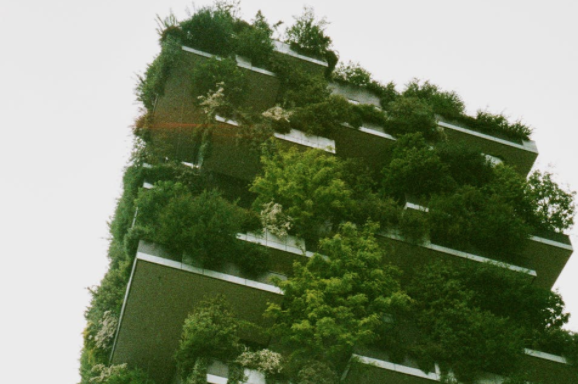
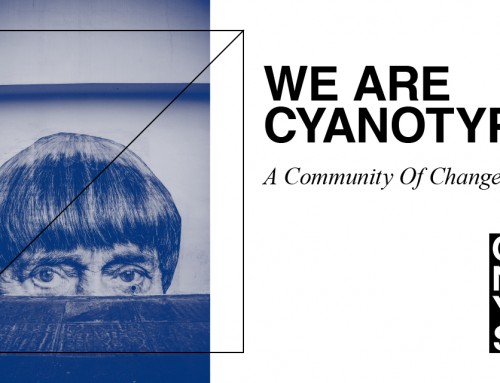
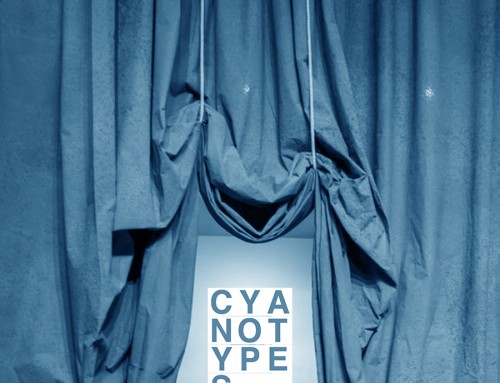
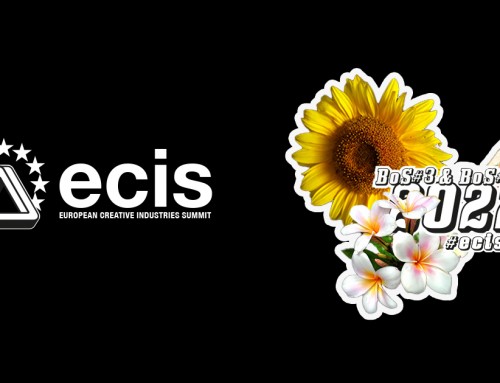
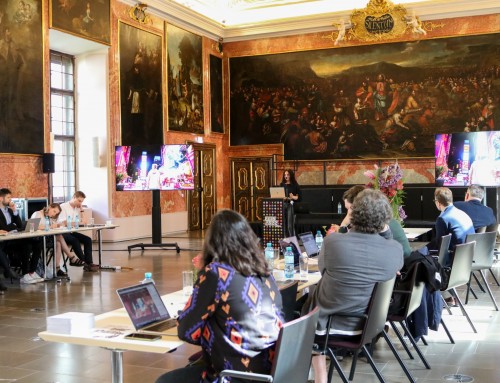

Leave A Comment